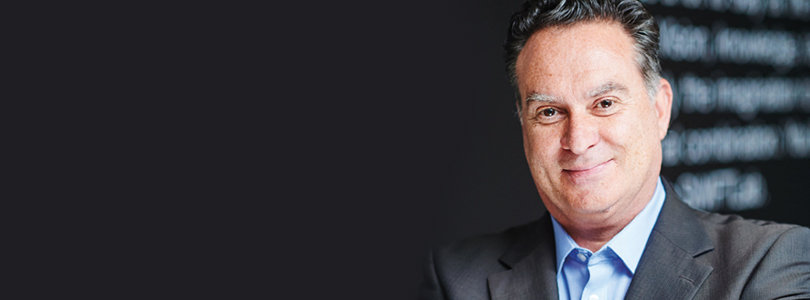How much of your working life have you spent in securities services?
Most of it, actually. I started at Euroclear towards the end of 1992. Before that, I spent two years with a company that was a bit like SWIFT, but smaller and focusing on the insurance sector. Then I joined JP Morgan as the operator of Euroclear. Since then I’ve covered other areas with SWIFT such as payments, but for most of the past 25 years, I’ve been involved in some way or other with securities.
Is there anything from your time at Euroclear that has informed your work at SWIFT?
What I learned there was how to bring complex messages and ideas that are very niche to a large community and create a sense of common goals in that community. I also brought from Euroclear an understanding of how middle and back offices work; the good: the bad and the ugly, automated or not.
What do think has made the biggest difference to the working life of people in back offices over your time in the industry?
I see the speed at which the technology has moved on, but when it comes to customer experience, what’s constant for successful companies is the way they handle human interaction.
Is there anywhere where you think the industry has maybe made a wrong turning over the years?
We’re in an industry where market infrastructures are designed to provide continuity; most of the changes have come from external factors like the 2007/8 crisis, the introduction of the euro and regulation. Each time the industry has responded very tactfully to an urgent requirement, but I’m not sure we’ve always taken the long view. As a result, projects are sometimes conceived in one context and executed in a completely different context. However, I think greater use of shared utilities or outsourcing will lead to fewer stopgap solutions.
One thing I would say is essential is to keep attracting, developing and retaining talent. I’m not sure we’ve focused enough on that. Part of my job at SWIFT has been running Innotribe and I think injecting more of that entrepreneurial spirit into back offices is a good thing.
Looking at your day-to-day working life, what are the kinds of things that make for a great day and what are the kind of days that just want to make you go to the bar?
A great day at the office for me is a day when I’m not at the office! In other words, when I’m talking to customers, I’m talking at a conference or working with clients in a workshop with my team to see how we can do things together. That to me is a great day. Not that I don’t like to go to the office; I like to see my team and my colleagues, but I think you achieve most when you’re working together with customers. It’s a particularly happy day when I see young people from my team achieving things on their own with customers without supervision. That makes me very happy.
And a bad, bad day?
Bad days are for me are either when I have to spend the whole day in conference calls. There may well be good reasons for that, but I need to move, I ‘m not good at staying in one place too long; it makes me nervous. Similarly, very long meetings where people talk and talk for a whole full day and nothing really dramatic happens make for a bad day.
What so far is your greatest success or the greatest failure that is going to stay with you when you reminisce about your career?
I’d count the growing role of SWIFT in the securities business as a success. Securities is now more than half the volume of SWIFT. When I joined SWIFT, I think it was less than 30%. Of course, I’m not suggesting I did that on my own — far from it — but still it’s a sense of achievement to see where securities at SWIFT is today and not only amongst custodians and market infrastructure, but also with investment managers.
I’m also very happy with the growth of Innotribe. I think over the past few years Innotribe has become a very strong brand and is increasingly relevant to the core business of SWIFT’s clients.
And do you want to mention any failures?
When you’re involved in large projects, you have plenty of small failures; every month you fail at something. I must admit that the time I spent in consulting work helped me cope better with those failures and learn from them. We’ve also all worked on things that didn’t get to market, but I don’t think of that as a failure.

